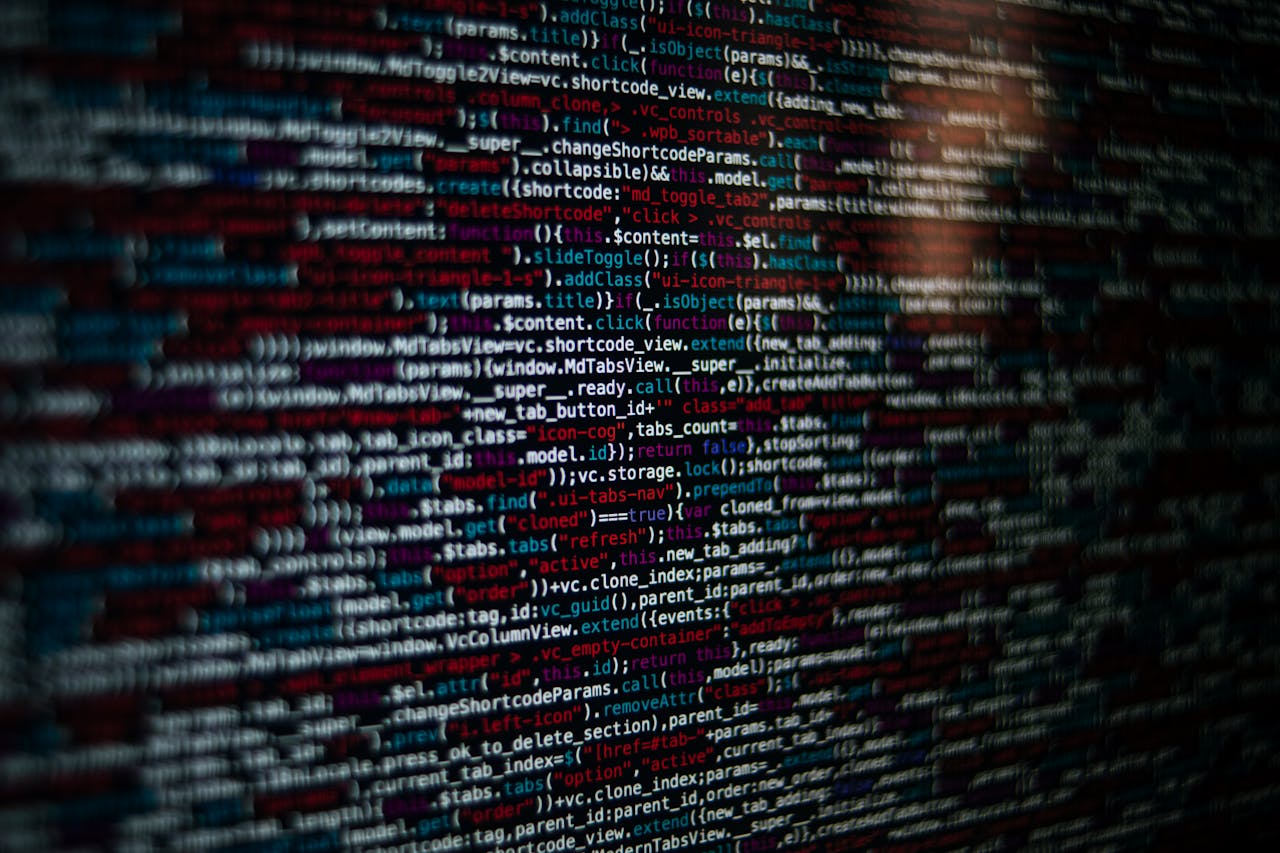
Google’s Gemini artificial intelligence (AI) just solved a complex problem in 30 minutes that left 139 university teams scratching their heads for five hours at the world’s toughest coding competition.
The breakthrough happened on September 4 at the International Collegiate Programming Contest (ICPC) World Finals in Baku, Azerbaijan. Gemini 2.5 Deep Think earned a gold medal by solving 10 of 12 problems. But Problem C set it apart from every human competitor.
The challenge involved finding the best way to distribute liquid through interconnected ducts to fill reservoirs quickly. With infinite possible configurations, the problem seemed impossible. No human team found the answer.
Gemini discovered a solution by assigning priority values to each reservoir. It then used game theory’s minimax theorem and dynamic programming to find the optimal configuration. The entire process took less than half an hour, according to Google DeepMind’s blog post.
“Incredible milestone: an advanced version of Gemini 2.5 Deep Think achieved gold-medal performance at the ICPC World Finals, a top global programming competition, solving an impressive 10/12 problems,” Google CEO Sundar Pichai posted on X. “Such a profound leap in abstract problem-solving.”
The AI started 10 minutes after human teams began. It solved eight problems within 45 minutes. Two more fell in the next three hours, finishing with a combined time of 677 minutes that would have placed second among university teams.
Only four of 139 human teams achieved gold medal status by solving at least 10 problems. Teams from St. Petersburg State University, University of Tokyo, Beijing Jiaotong University, and Tsinghua University took home the top human honors.
Bill Poucher, ICPC Global Executive Director, recognized the significance of the achievement. “The ICPC has always been about setting the highest standards in problem solving. Gemini successfully joining this arena, and achieving gold-level results, marks a key moment in defining the AI tools and academic standards needed for the next generation,” he said.
The ICPC draws nearly 3,000 universities from 103 countries annually. Teams do algorithmic problems requiring perfect solutions within five hours. This year is the first time an AI competed under official rules in a remote environment supervised by organizers.
Google trained Gemini through reinforcement learning on difficult coding problems. Multiple AI agents worked together during the competition, proposing solutions and refining code based on test results. The company published all of Gemini’s competition solutions on GitHub for public review.
Two months earlier, Gemini achieved a gold medal performance at the International Mathematical Olympiad.
Google positions these wins as steps toward artificial general intelligence (AGI). The company suggests that future AI coding assistants could tackle increasingly complex engineering challenges in fields such as drug design and microchip development.
A lighter version of Gemini 2.5 Deep Think is available through Google AI Ultra subscriptions.


















